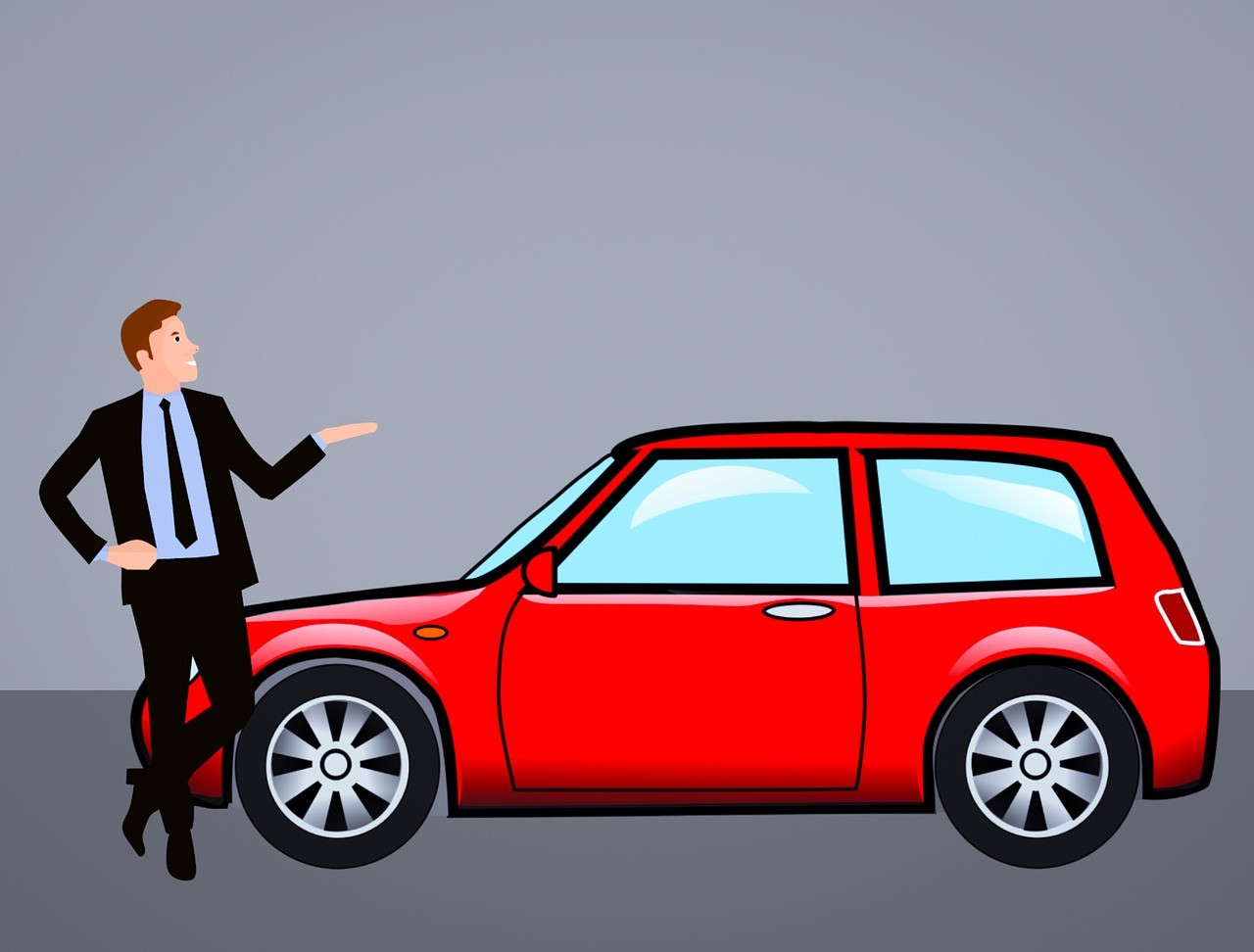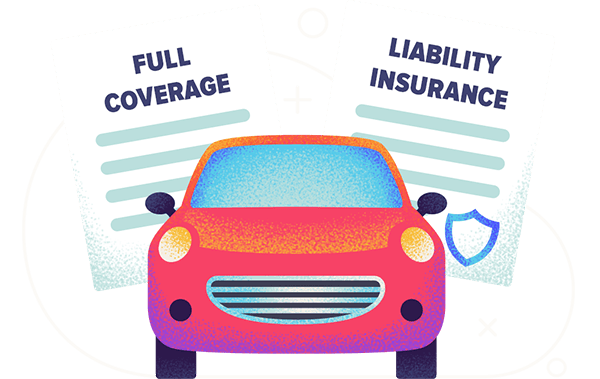The Pros and Cons of Buying a Used Car
Investing in a vehicle is a significant decision, and one of the key considerations is whether to buy new or used. While the allure of a brand-new car is undeniable, opting for a used vehicle comes with its own set of advantages and disadvantages. Let's explore the pros and cons of buying a used car:
Pros:
1. Cost Savings: Used cars generally come with a lower price tag compared to their new counterparts. This upfront cost savings can make purchasing a used car more affordable and accessible to a wider range of buyers.
2. Depreciation: New cars depreciate rapidly within the first few years of ownership. By buying a used car, you avoid the steep depreciation curve, allowing you to retain more of your investment over time.
3. More Value for Money: With the lower purchase price of a used car, you may have the opportunity to afford a higher trim level or a vehicle with more features than if you were to buy new.
4. Lower Insurance Costs: Insurance premiums for used cars are generally lower than those for new cars. Since the value of the vehicle is lower, insurance companies typically charge lower premiums for coverage.
5. Avoiding Initial Fees: When purchasing a new car, you may encounter additional fees such as destination charges, registration fees, and dealer fees. Buying a used car often involves fewer additional costs, saving you money in the long run.
Cons:
1. Limited Warranty Coverage: Unlike new cars that come with comprehensive warranties, used cars may have limited or no warranty coverage remaining. This means you may be responsible for repair costs shortly after purchase.
2. Unknown History: Used cars may have a history of accidents, mechanical issues, or poor maintenance that is not immediately apparent. Conducting a thorough inspection and obtaining a vehicle history report can help mitigate this risk, but some uncertainties may still exist.
3. Higher Maintenance Costs: As cars age, they typically require more frequent maintenance and repairs. While you may save on the initial purchase price of a used car, you could end up spending more on maintenance and repairs over time.
4. Limited Availability of Features: Depending on the age and model of the used car, you may not have access to the latest technology, safety features, or amenities that newer vehicles offer.
5. Financing Challenges: Securing financing for a used car can be more difficult compared to financing for a new car. Interest rates may be higher, and loan terms may be less favorable for used vehicles.
Conclusion:
Buying a used car offers compelling advantages in terms of cost savings, depreciation, and overall value. However, it's essential to carefully weigh the potential drawbacks, such as limited warranty coverage and higher maintenance costs. Conduct thorough research, inspect the vehicle carefully, and consider your budget and long-term needs before making a decision. With careful consideration and due diligence, purchasing a used car can be a practical and rewarding investment.
If you're considering purchasing a used car, reaching out to me through the contact form on my webpage can be your first step towards finding the perfect vehicle. With years of experience in the automotive industry, I can offer personalized advice tailored to your preferences, budget, and needs. Whether you're looking for cost-effective options, advice on inspecting used vehicles, or guidance on financing, I'm here to assist you every step of the way. Don't hesitate to get in touch via the contact form to start your journey towards owning a reliable and affordable used car.
The Pros and Cons of Buying a Used Car
Investing in a vehicle is a significant decision, and one of the key considerations is whether to buy new or used. While the allure of a brand-new car is undeniable, opting for a used vehicle comes with its own set of advantages and disadvantages. Let's explore the pros and cons of buying a used car:
Pros:
1. Cost Savings: Used cars generally come with a lower price tag compared to their new counterparts. This upfront cost savings can make purchasing a used car more affordable and accessible to a wider range of buyers.
2. Depreciation: New cars depreciate rapidly within the first few years of ownership. By buying a used car, you avoid the steep depreciation curve, allowing you to retain more of your investment over time.
3. More Value for Money: With the lower purchase price of a used car, you may have the opportunity to afford a higher trim level or a vehicle with more features than if you were to buy new.
4. Lower Insurance Costs: Insurance premiums for used cars are generally lower than those for new cars. Since the value of the vehicle is lower, insurance companies typically charge lower premiums for coverage.
5. Avoiding Initial Fees: When purchasing a new car, you may encounter additional fees such as destination charges, registration fees, and dealer fees. Buying a used car often involves fewer additional costs, saving you money in the long run.
Cons:
1. Limited Warranty Coverage: Unlike new cars that come with comprehensive warranties, used cars may have limited or no warranty coverage remaining. This means you may be responsible for repair costs shortly after purchase.
2. Unknown History: Used cars may have a history of accidents, mechanical issues, or poor maintenance that is not immediately apparent. Conducting a thorough inspection and obtaining a vehicle history report can help mitigate this risk, but some uncertainties may still exist.
3. Higher Maintenance Costs: As cars age, they typically require more frequent maintenance and repairs. While you may save on the initial purchase price of a used car, you could end up spending more on maintenance and repairs over time.
4. Limited Availability of Features: Depending on the age and model of the used car, you may not have access to the latest technology, safety features, or amenities that newer vehicles offer.
5. Financing Challenges: Securing financing for a used car can be more difficult compared to financing for a new car. Interest rates may be higher, and loan terms may be less favorable for used vehicles.
Conclusion:
Buying a used car offers compelling advantages in terms of cost savings, depreciation, and overall value. However, it's essential to carefully weigh the potential drawbacks, such as limited warranty coverage and higher maintenance costs. Conduct thorough research, inspect the vehicle carefully, and consider your budget and long-term needs before making a decision. With careful consideration and due diligence, purchasing a used car can be a practical and rewarding investment.
If you're considering purchasing a used car, reaching out to me through the contact form on my webpage can be your first step towards finding the perfect vehicle. With years of experience in the automotive industry, I can offer personalized advice tailored to your preferences, budget, and needs. Whether you're looking for cost-effective options, advice on inspecting used vehicles, or guidance on financing, I'm here to assist you every step of the way. Don't hesitate to get in touch via the contact form to start your journey towards owning a reliable and affordable used car.
The Pros and Cons of Buying a Used Car
Investing in a vehicle is a significant decision, and one of the key considerations is whether to buy new or used. While the allure of a brand-new car is undeniable, opting for a used vehicle comes with its own set of advantages and disadvantages. Let's explore the pros and cons of buying a used car:
Pros:
1. Cost Savings: Used cars generally come with a lower price tag compared to their new counterparts. This upfront cost savings can make purchasing a used car more affordable and accessible to a wider range of buyers.
2. Depreciation: New cars depreciate rapidly within the first few years of ownership. By buying a used car, you avoid the steep depreciation curve, allowing you to retain more of your investment over time.
3. More Value for Money: With the lower purchase price of a used car, you may have the opportunity to afford a higher trim level or a vehicle with more features than if you were to buy new.
4. Lower Insurance Costs: Insurance premiums for used cars are generally lower than those for new cars. Since the value of the vehicle is lower, insurance companies typically charge lower premiums for coverage.
5. Avoiding Initial Fees: When purchasing a new car, you may encounter additional fees such as destination charges, registration fees, and dealer fees. Buying a used car often involves fewer additional costs, saving you money in the long run.
Cons:
1. Limited Warranty Coverage: Unlike new cars that come with comprehensive warranties, used cars may have limited or no warranty coverage remaining. This means you may be responsible for repair costs shortly after purchase.
2. Unknown History: Used cars may have a history of accidents, mechanical issues, or poor maintenance that is not immediately apparent. Conducting a thorough inspection and obtaining a vehicle history report can help mitigate this risk, but some uncertainties may still exist.
3. Higher Maintenance Costs: As cars age, they typically require more frequent maintenance and repairs. While you may save on the initial purchase price of a used car, you could end up spending more on maintenance and repairs over time.
4. Limited Availability of Features: Depending on the age and model of the used car, you may not have access to the latest technology, safety features, or amenities that newer vehicles offer.
5. Financing Challenges: Securing financing for a used car can be more difficult compared to financing for a new car. Interest rates may be higher, and loan terms may be less favorable for used vehicles.
Conclusion:
Buying a used car offers compelling advantages in terms of cost savings, depreciation, and overall value. However, it's essential to carefully weigh the potential drawbacks, such as limited warranty coverage and higher maintenance costs. Conduct thorough research, inspect the vehicle carefully, and consider your budget and long-term needs before making a decision. With careful consideration and due diligence, purchasing a used car can be a practical and rewarding investment.
If you're considering purchasing a used car, reaching out to me through the contact form on my webpage can be your first step towards finding the perfect vehicle. With years of experience in the automotive industry, I can offer personalized advice tailored to your preferences, budget, and needs. Whether you're looking for cost-effective options, advice on inspecting used vehicles, or guidance on financing, I'm here to assist you every step of the way. Don't hesitate to get in touch via the contact form to start your journey towards owning a reliable and affordable used car.


